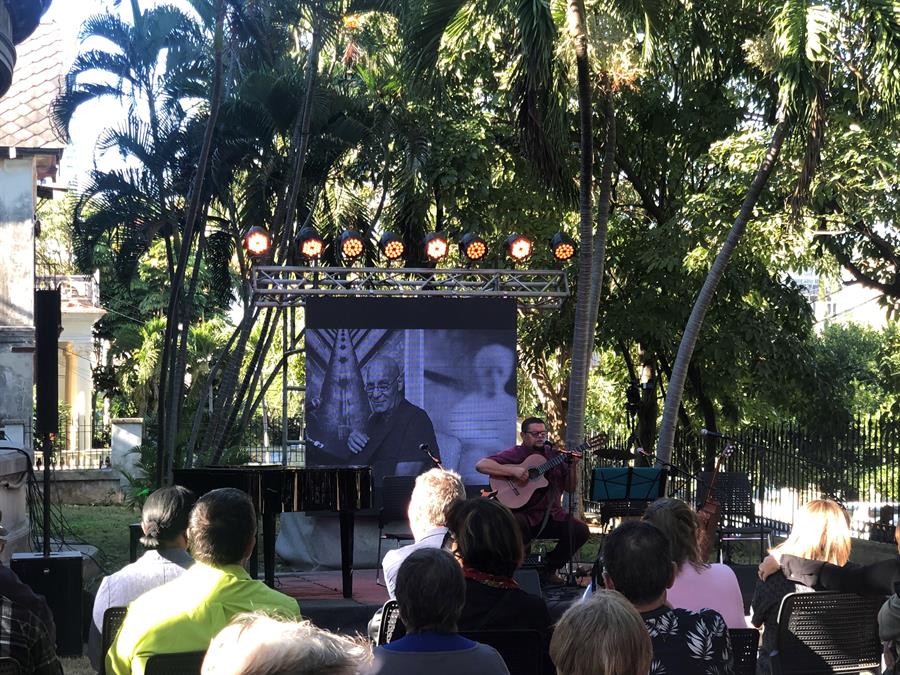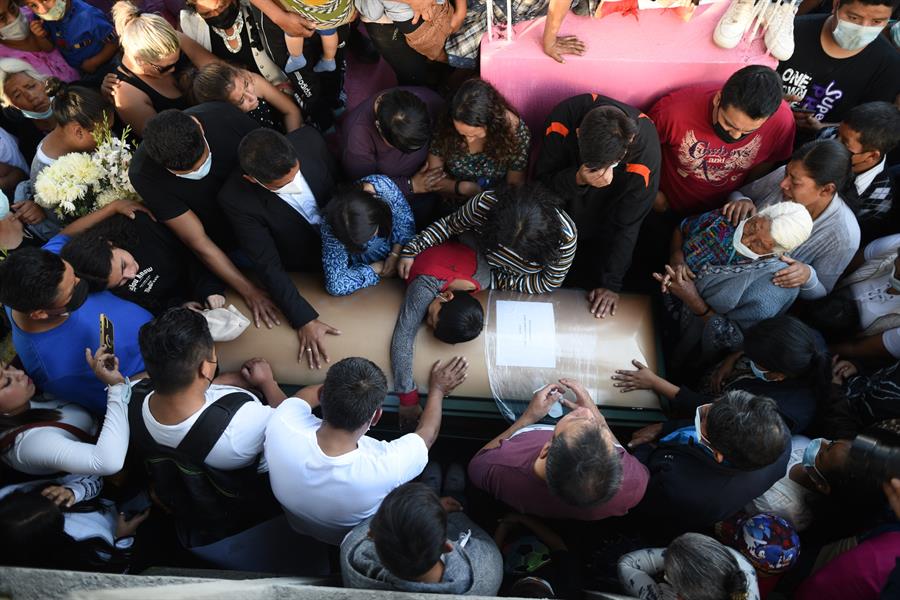Friends, family, and troubadours remembered this Thursday at the Cuban Institute of Music the legacy of singer-songwriter Vicente Feliú, who died suddenly last week of a heart attack during rehearsals.
The gardens of the Havana cultural institution served as the venue for the posthumous tribute where they shared songs performed by Feliú, one of the exponents of the so-called Nueva Trova Cubana, related to Latin American protest song.
The author of anthological songs such as “Créeme” died at the age of 74 while rehearsing the theme “La Bayamesa”, a contemporary version of the homonymous romantic and patriotic song sung for the first time in 1851.

“Créeme” was one of the many that are part of his career, which included composing music for plays and television and an extensive discography: Créeme (1978), I don’t know how to stay (1985), Poetic art (1990), Aurora (1995), Anisa’s del alba (1997, with her brother Santiago), Guevarianas (1997) and Colibrí (2000).
Vicente Feliú shared the stage, among others, with Luis Eduardo Aute (Spain), León Gieco and Mercedes Sosa (Argentina), Inti Illimani (Chile) and Daniel Viglietti (Uruguay).
At the beginning of 1968 he founded the Nueva Trova movement together with Silvio Rodríguez, Pablo Milanés, Noel Nicola, Eduardo Ramos, Augusto Blanca, Sara González and other musicians.
This movement rescued the sound of the traditional Cuban Trova with a dose of politics by being a chronicler of great events in the Caribbean country and Latin America.



















































































